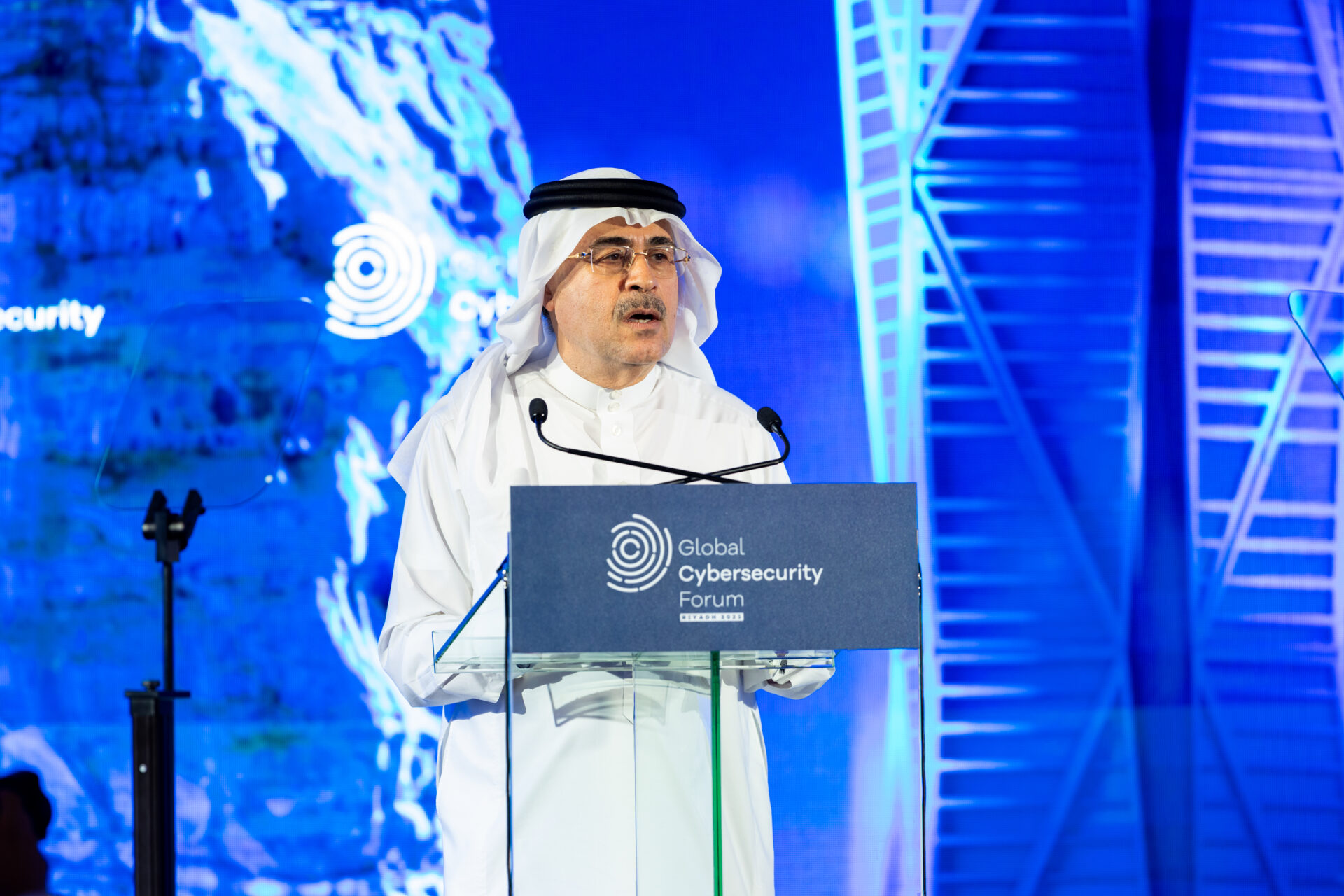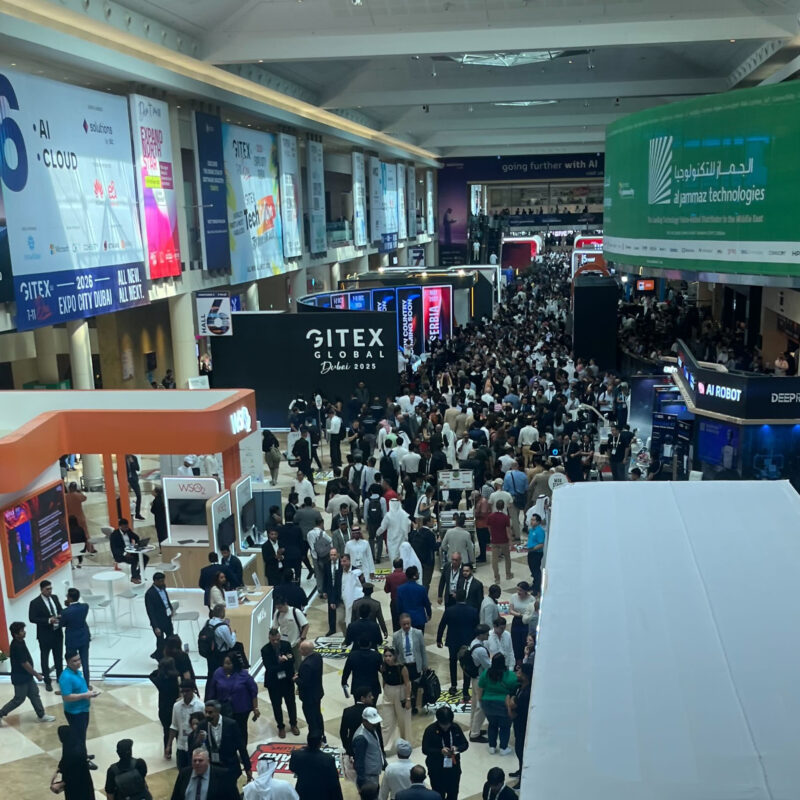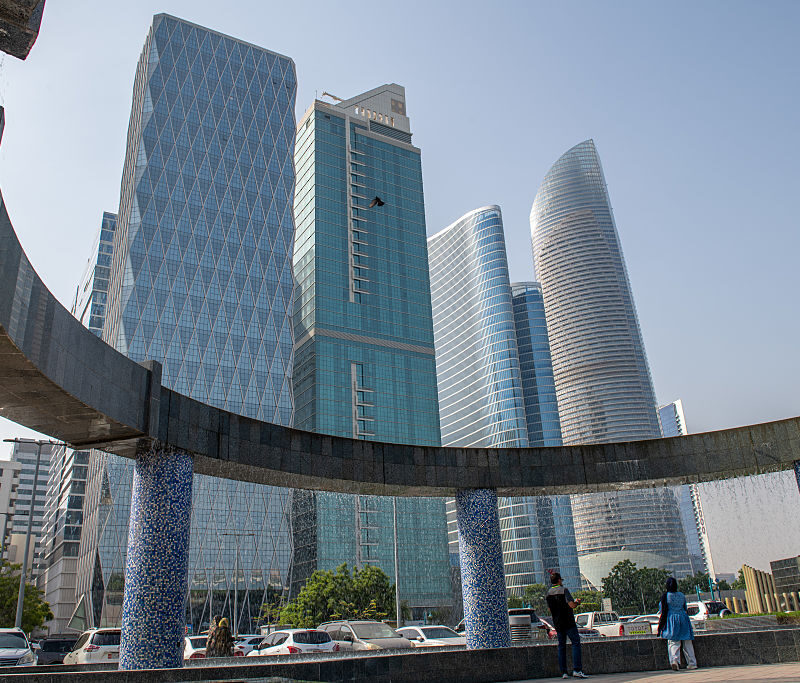
Aramco CEO calls for ‘international standards’ on AI
Amin Nasser, head of the world’s largest oil producer, made his remarks at the Global Cybersecurity Forum in Riyadh
RIYADH, Saudi Arabia – The head of Saudi Aramco called for an international set of rules to govern artificial intelligence and protect businesses from security breaches.
CEO Amin Nasser told a packed hall today at the Global Cybersecurity...

 Add The Circuit on Google
Add The Circuit on Google

